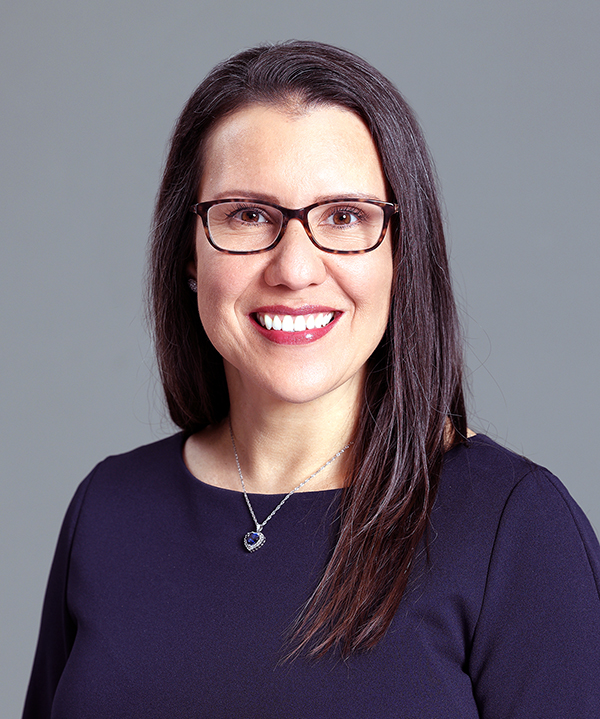The Health series is presented by AdventHealth
A Q&A with AdventHealth‘s bilingual family physician Claudia Wendell, MD.
What is cultural competence, and how has it shown up in your medical practice?
Being culturally competent means being able to communicate effectively and provide quality health care to all patients, not limited to a specific group. We have an increasingly diverse population, so cultural competence has become a measure of the quality of care we provide.
Being an immigrant myself, patients with a similar background have naturally sought my care. Having similar life experiences makes me more aware of the patient’s needs, fears, and goals. It has been incredibly valuable and rewarding to advocate for my patients. The key to successful cultural competency is having compassion for all our patients.
How does improved cross-cultural interaction affect relationships with patients?
Each patient’s culture influences their perspectives, values, beliefs, and behaviors about health and well-being. These factors affect recognition of symptoms, thresholds for seeking care, comprehension of and agreement to treatment options, expectations of care (including preferences for or against testing and procedures), and acceptance of preventive measures and medications. Meeting patients where they are strengthens the physician/patient relationship.
Let’s think about language barriers. Imagine being alone, unwell, and unable to understand directions or express what you’re feeling. And language is only one factor. When a physician interacts with a patient, there is an intersection of three cultures: the patient’s, the physician’s, and the culture of medicine. All three influence the outcome of the encounter. Cultural competence plays a huge role in medical outcomes not only because patients have a better understanding of what their medical care involves but also because they feel understood.

What obstacles have you encountered?
Bias and stereotyping come to mind first. Although patients belong to a group, they are still individuals, so we cannot generalize. Another obstacle would be healthcare team members who are not open to having some degree of curiosity, empathy, and respect for patients who look, act, or speak differently than them. Lastly, a lack of interpreter services or ethnically diverse physicians can perpetuate barriers. In my clinic at AdventHealth, we have bilingual staff members and live translators available anytime, and I am more than happy to speak Spanish with patients who prefer to speak Spanish.
What steps would you recommend for doctors looking to improve?
We should leave any judgment outside the exam room. Be willing to negotiate between your medical advice and your patient’s beliefs to agree on a plan that is acceptable to both. Learning from patients different than us is such a powerful, enriching experience.



